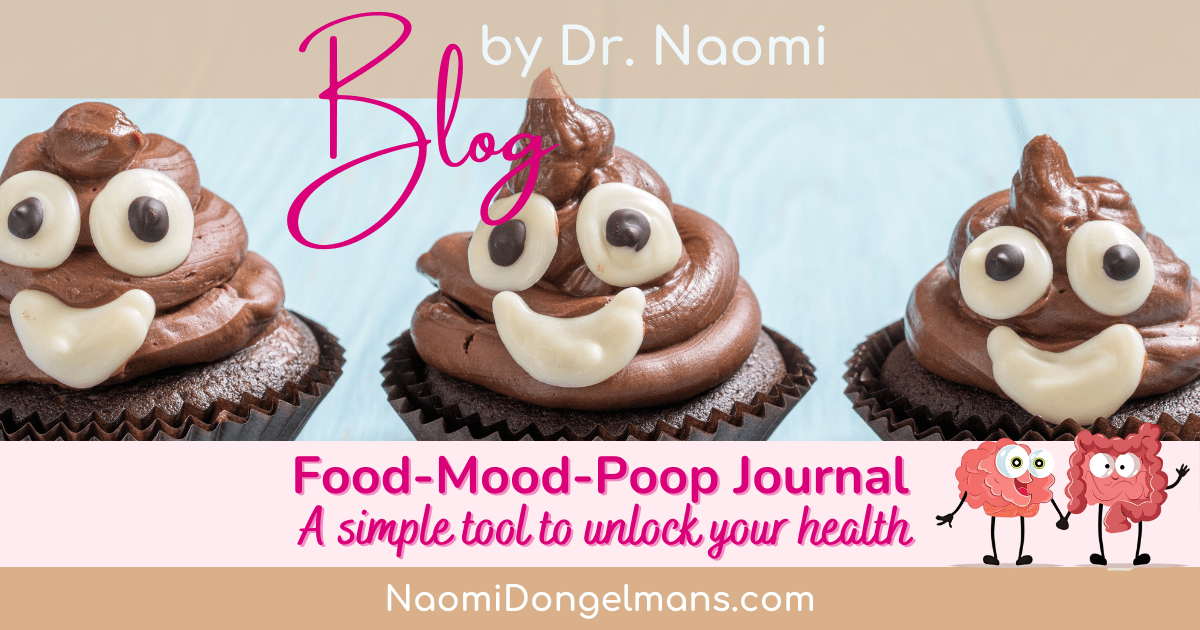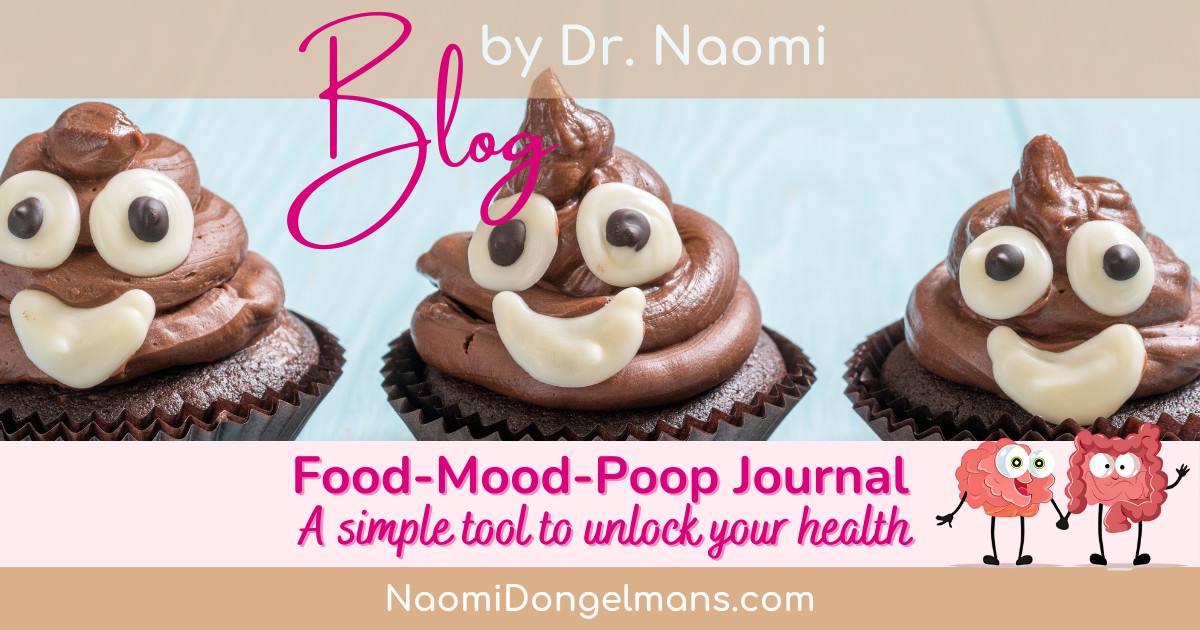
Welcome to a healthier gut journey! One of the most valuable yet straightforward tools for understanding and improving gut health is the "food-mood-poop" (FMP) journal. You'll uncover patterns and triggers that impact your digestion and overall well-being by tracking what you eat, how you feel, and your bowel movements. Let’s explore how to create your FMP journal and why it's such a potent tool for a healthier gut.
Why Keep an FMP Journal?
Identifying triggers: Discover the foods that may cause bloating, discomfort, or mood swings, allowing you to make informed dietary choices.
Connecting the dots: See how your emotions and stress levels influence your digestion, making it easier to manage lifestyle factors affecting your gut.
Tracking progress: Record changes over time to celebrate your successes and adjust your approach as needed.
How to Set Up Your Journal
Choose your format: Whether it's a notebook, spreadsheet, or digital app, choose a format that suits your style.
Create columns or sections: Your journal should include the following:
- Food: Record each meal, snack, and drink you consume. Be as detailed as possible.
- Mood: Note your emotional state before and after eating. Consider stress, anxiety, happiness, or energy levels.
- Poop: Track bowel movements, noting their frequency, consistency (using the Bristol Stool Chart as a guide), and any associated symptoms like urgency or discomfort.
Tips for Effective Journaling
Be consistent: Try to make entries shortly after each meal or daily at a regular time to maintain accuracy.
Add context: Note any significant life events, exercise routines, sleep quality, or medications that could influence your digestion or mood.
Reflect regularly: Review your entries weekly or biweekly to identify patterns and triggers. Are certain foods consistently causing bloating or discomfort? Is stress affecting your digestion?
Next Steps
Make adjustments: If you notice clear triggers, consider eliminating or reducing them in your diet while working on stress management strategies.
Consult a professional: Share your findings with a healthcare provider for more tailored advice. An expert can help interpret patterns and guide you in making sustainable changes.
Celebrate wins: Small improvements matter. Celebrate changes like reduced bloating, better energy, or more regular bowel movements!
Conclusion
The food-mood-poop journal is a practical, empowering tool to understand your unique gut health needs. By documenting and reflecting on your diet, emotions, and bowel movements, you'll have a clear path toward improved digestion and overall wellness. Start today, and take one step closer to a healthier gut!

















